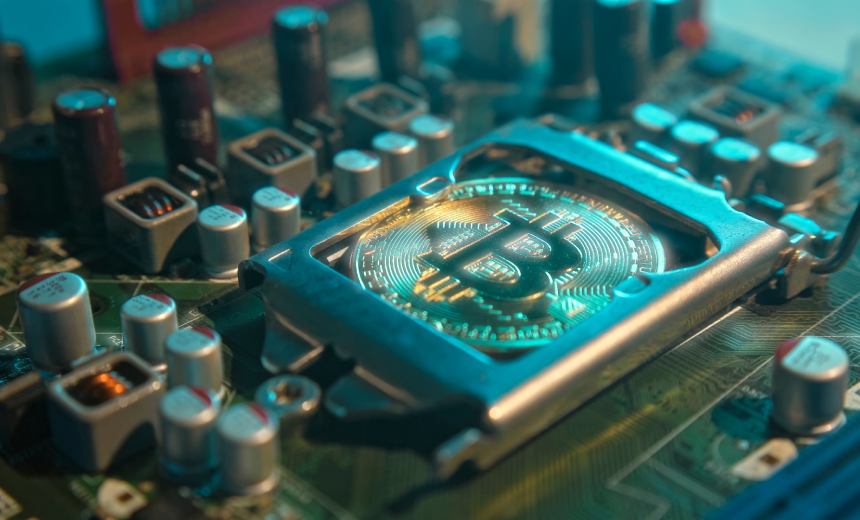In recent news, a link has been discovered between SIM swappers and the $400 million hack of FTX that occurred in 2022. This astonishing revelation comes after United States prosecutors charged three individuals for orchestrating a series of SIM-swapping attacks, potentially resulting in the theft of over $400 million from FTX just hours after the company filed for bankruptcy.
Federal prosecutors charged Robert Powell, Carter Rohn, and Emily Hernandez with carrying out these SIM-swapping attacks by stealing the identities of 50 victims and convincing telecom providers to port victims’ numbers to the phones of the accused. These attacks included an incident in which Hernandez impersonated an employee, allowing Powell to access the employee’s AT&T account and transfer over $400 million in virtual currency out of the company’s crypto wallets in November 2022.
In a related development, a new service known as OnlyFake has surfaced, claiming to use artificial intelligence neural networks and generators to produce fake documents that can bypass KYC checks on several crypto exchanges. The platform offers realistic fake driver’s licenses and passports from 26 countries for just $15 each, raising concerns about its potential use by crypto thieves, money launderers, and nation-state actors.
The U.S. Department of the Treasury has also addressed the illicit use of crypto, highlighting the increasing exploitation of virtual assets by criminals and illicit actors for money laundering connected to fraud, drug trafficking, and human smuggling. The report also emphasizes the challenges posed by DeFi platforms and their failure to adhere to anti-money laundering and anti-terrorism financing regulations.
Furthermore, the U.S. Securities and Exchange Commission (SEC) has extended its oversight to encompass cryptocurrency transactions by adopting new rules that mandate compliance with federal securities laws for market participants with significant liquidity-providing roles. This move reflects the SEC’s commitment to regulating and monitoring the rapidly evolving crypto landscape.
In the wake of these developments, South Korea has introduced a new law, the Virtual Asset Users Protection Act, aimed at safeguarding investors from market crimes related to cryptocurrencies. This legislation is designed to prevent market manipulation, illegal trading activities, and the use of undisclosed significant information, highlighting the government’s proactive approach to regulating the crypto market.
In summary, the growing link between SIM swappers and crypto theft, the emergence of services offering fake documents to bypass KYC checks, the heightened scrutiny from regulatory authorities, and the enactment of new laws signal a significant shift in the landscape of cryptocurrency and blockchain technology. With illicit activities and security breaches posing ongoing challenges, regulatory efforts and technological innovations will play key roles in shaping the future of the crypto industry.


